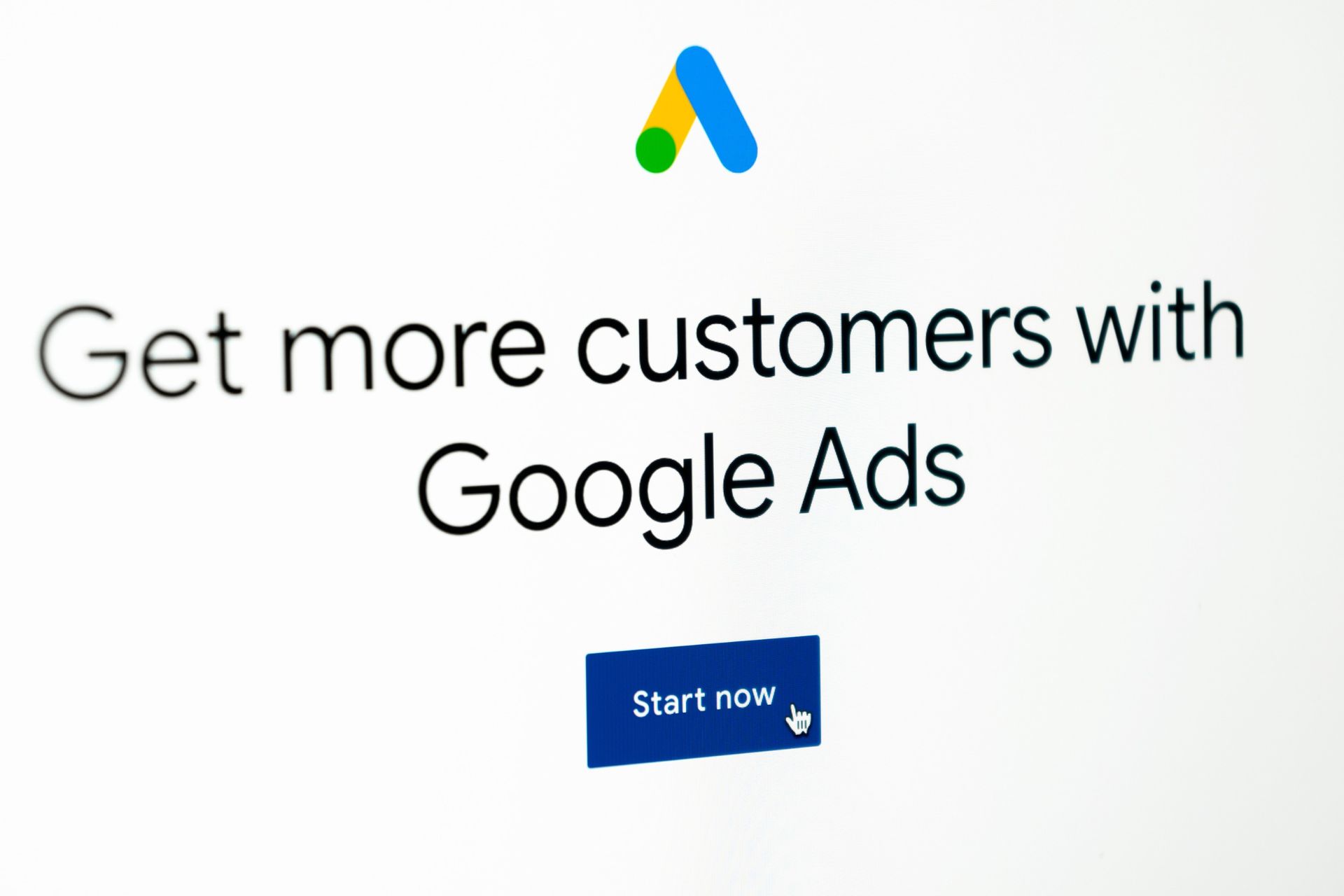Types of Digital Marketing: The Marketer's Toolkit for 2024
Digital marketing is essential for any modern business looking to grow. In 2024, the options are vast and varied.
From social media campaigns to email marketing, the tools available give businesses the power to reach customers like never before. Effective digital marketing can boost brand awareness and drive sales.
Knowing the different types of digital marketing can help you create a plan that works. This post will explore key strategies and tools.
Why Digital Marketing Matters for Small Businesses
Digital marketing matters for small businesses because it levels the playing field with larger companies. Through digital channels, small businesses can reach a wider audience without the high costs associated with traditional marketing. Let's explore the reasons in more detail:
- Cost-Effective Solutions: Digital marketing offers budget-friendly advertising options such as Google Ads, social media ads, and email campaigns. These allow small businesses to reach large audiences without breaking the bank.
- Targeted Marketing: With tools like Facebook Ads Manager and Google Analytics, businesses can target specific demographics, ensuring their message reaches the right people.
- Measurable Results: Unlike traditional marketing methods, digital marketing provides analytics tools to measure the effectiveness of campaigns. You can track metrics like click-through rates, conversion rates, and ROI.
The Power of Social Media Marketing
Social media marketing has grown exponentially, providing businesses with a powerful platform to connect with potential customers. In 2024, utilising social media effectively can significantly boost brand visibility and engagement.
Key Benefits of Social Media Marketing:
Increased Brand Recognition:
- Social media platforms like Instagram, Facebook, and Twitter allow businesses to showcase their brand personality and connect with their audience on a personal level.
- Frequent posts, engaging content, and interactive stories can help build a loyal follower base.
Customer Engagement:
- Social media offers real-time communication with customers, fostering a more personal connection.
- Responding to comments, hosting live sessions, and running polls can enhance engagement and customer loyalty.
Lead Generation:
- Targeted ads and promoted posts can attract potential customers interested in your products or services.
- Tools like Facebook Lead Ads streamline the process of capturing contact information from interested users.
Content Distribution:
- Sharing blog posts, articles, and multimedia content on social media sites extends their reach.
- Viral marketing campaigns can amplify your message far beyond your immediate followers.
Search Engine Optimization (SEO): The Long Game
Search Engine Optimization (SEO) is a fundamental digital marketing strategy that focuses on enhancing your website's visibility in search engine results. In 2024, the importance of SEO cannot be overstated, as more businesses recognize the value of appearing at the top of search results.
Key Components of SEO:
On-Page SEO:
- This involves optimizing individual web pages to rank higher and earn more relevant traffic. Core elements include meta tags, headers, URL structure, and keyword placement.
- Create high-quality content that is informative and aligned with user intent. Incorporate trending keywords seamlessly throughout the content to attract organic search traffic.
Off-Page SEO:
- Refers to actions taken outside your own website to impact your rankings within search engine results pages (SERPs). This primarily includes backlink building.
- Engaging with influencers, contributing guest posts to authoritative blogs, and fostering partnerships can enhance your website's authority and credibility.
Technical SEO:
- Focuses on the backend of your website, ensuring it meets the technical requirements of search engines. Improvements in site speed, mobile-friendliness, and secure sockets layer (SSL) can significantly boost your SEO.
- Regularly audit your site for issues and keep it updated to ensure smooth indexing by search engines.
Email Marketing: The Direct Approach
Email marketing continues to be a highly effective digital marketing tool. It provides a personal touch, allowing businesses to reach their audience directly. In 2024, personalization and automation are key trends driving email marketing success.
Why Email Marketing Still Works:
- Personalization: Tailoring emails to individual preferences increases engagement and conversion rates. Use customer data to create personalized content, product recommendations, and targeted promotions.
- Automation: Automating email campaigns saves time and ensures timely communication with your audience. Tools like Mailchimp and Constant Contact allow for automated workflows that send emails based on customer actions, such as abandoned cart reminders or welcome series for new subscribers.
- Metrics and Analytics: Email marketing platforms offer detailed insights into campaign performance. Track open rates, click-through rates, and conversion rates to refine your strategies for maximum impact.
Best Practices for Successful Email Marketing:
Segment Your Audience:
- Divide your email list into segments based on demographics, purchase history, or behavior. This allows for more targeted and relevant messaging.
Compelling Subject Lines:
- Craft engaging subject lines to entice recipients to open your emails. Keep them short, clear, and action-oriented.
Quality Content:
- Deliver value through informative, entertaining, or educational content. Balance promotional messages with content that addresses customer pain points or interests.
Content Marketing: Storytelling at its Best
Content marketing leverages the art of storytelling to engage and captivate audiences. In 2024, creating compelling content that resonates with your audience can lead to higher engagement and brand loyalty.
Key Benefits of Content Marketing:
Brand Authority:
- High-quality content establishes your business as an industry leader. By offering valuable insights and expertise, you build trust with your audience.
- Share case studies, whitepapers, and in-depth blog posts to demonstrate thought leadership.
SEO Improvement:
- Regularly updated blogs and articles help improve search engine rankings. Target key terms like content strategy, storytelling in marketing, and digital content trends.
- Use a mix of broad and specific keywords to attract diverse search queries.
Audience Engagement:
- Engaging content sparks conversations. Comment sections, social media shares, and email feedback loops help create interactive communities.
- Incorporate multimedia elements such as videos, infographics, and podcasts to cater to different content consumption preferences.
Pay-Per-Click Advertising (PPC): Instant Visibility
Pay-Per-Click (PPC) advertising is a digital marketing strategy where businesses pay a fee each time their ad is clicked. This approach ensures immediate visibility on search engines and social media platforms. In 2024, PPC continues to be a vital tool for businesses looking to gain quick exposure and attract potential customers.
Benefits of PPC Advertising:
Immediate Results:
- Unlike SEO, which can take time to yield results, PPC campaigns can drive traffic to your site instantly.
- Placing ads on platforms like Google, Facebook, and Instagram can quickly bring in visitors interested in your products or services.
Budget Control:
- Set daily or monthly budgets to keep your advertising spend in check.
- With PPC, you pay only when users click on your ad, making it a cost-effective way to attract potential customers.
Targeted Reach:
- Use advanced targeting options to reach specific audiences based on demographics, interests, and behavior.
- Keywords such as online advertising, targeted PPC, and paid search are essential for optimizing your campaigns.
Best Practices for PPC Success:
- Keyword Research: Identify high-performing keywords and phrases that are relevant to your business. Tools like Google Keyword Planner can help you find the right terms to bid on.
- Ad Quality: Create compelling ad copy that grabs attention and encourages clicks. Ensure your ads are relevant and aligned with user search intent.
- Landing Pages: Optimize landing pages to provide a seamless user experience. Ensure the content is relevant to your ad and includes clear calls-to-action (CTAs).
Ready to take your digital marketing to the next level?
Digital marketing offers endless opportunities for small businesses to grow and thrive. By understanding the different types of digital marketing and how to apply them, you can create a comprehensive strategy that drives results.
Stay ahead of the trends, be willing to adapt, and always keep your audience at the center of your efforts.




